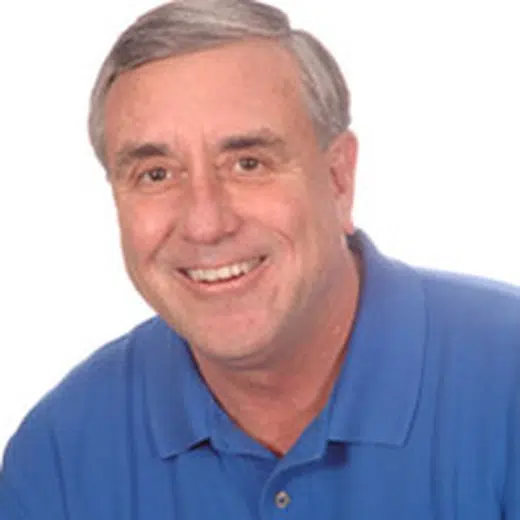By Sisipho Skweyiya
JOHANNESBURG (Reuters) – At Springs train station in South Africa’s biggest city Johannesburg, Simphiwe Dyantyi and her partner wait their turn to board. But they are not going anywhere, instead they are getting COVID-19 jabs inside a stationary train.
The initiative by South African state logistics firm Transnet is meant to bring vaccines closer to people and save them from travelling long distances as the government ramps up its COVID-19 vaccination drive.
From the Springs station, the Transvaco train will in the first week of September move to rural Eastern Cape province.
Once there, it will make stops in different places in the province, bringing relief to poor villagers who are often without basic health facilities. It will be stationed there until November.
Dyantyi, 32, said the train had saved her a trip to the next vaccination centre where queues have been long since the government made vaccinations available to all adults last month.
“We’ve been waiting for this moment for a very long time,” she told Reuters after receiving her Johnson and Johnson jab.
“We work in industries where you need to be at work like all the time. So, it was very crucial for me to get this vaccine,” said Dyantyi, a safety engineer at a local firm.
South Africa has been battered by three coronavirus waves, infecting at least 2,770,575 million people, killing 81,830 – by far the continent’s worst toll – and pummelling an already struggling economy with lockdowns and travel restrictions.
South Africa has vaccinated more than 12 million people after its campaign got off to a slow start due to bureaucratic hiccups and a failure to start early talks with pharmaceutical companies, among other challenges.
“We are basically bringing the vaccines to the people,” Paballo Mokoena, the train manager said.
“So, it cuts down on patients having to travel long distances, wait in long queues and sometimes even be turned back because vaccines maybe finished, or they get to clinics or hospitals late.”
(Writing by MacDonald Dzirutwe, Editing by Angus MacSwan)




